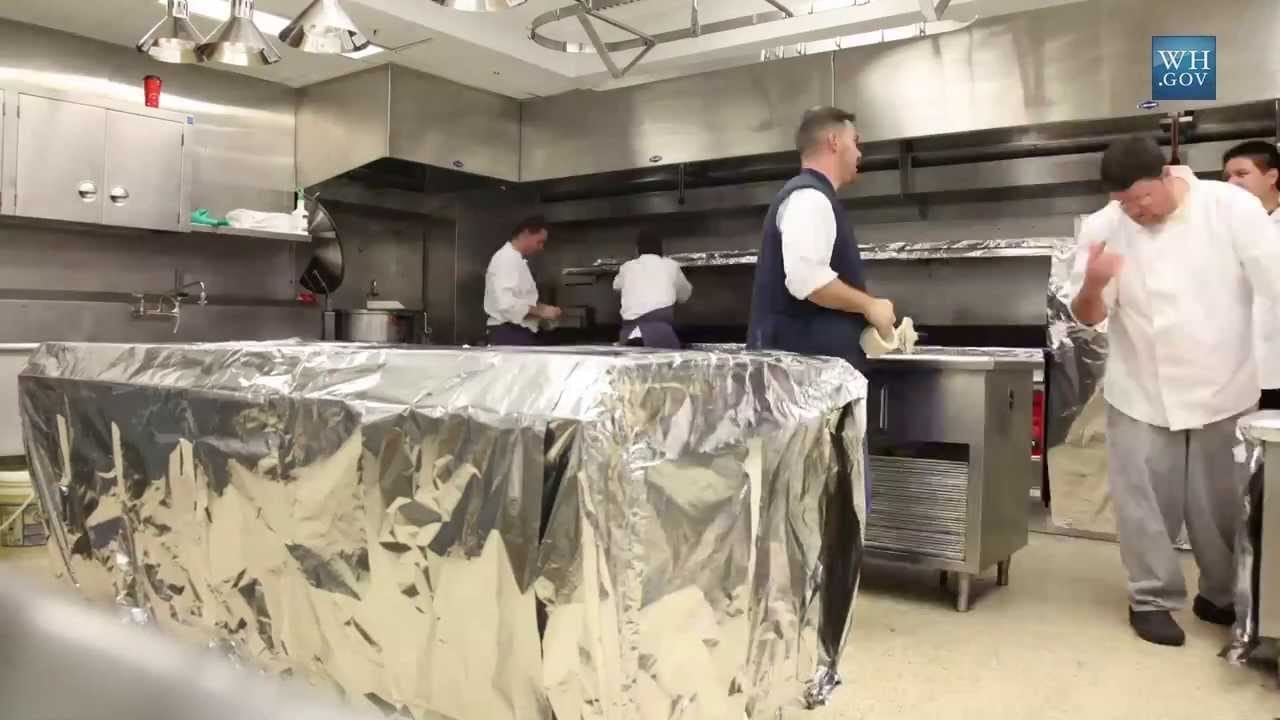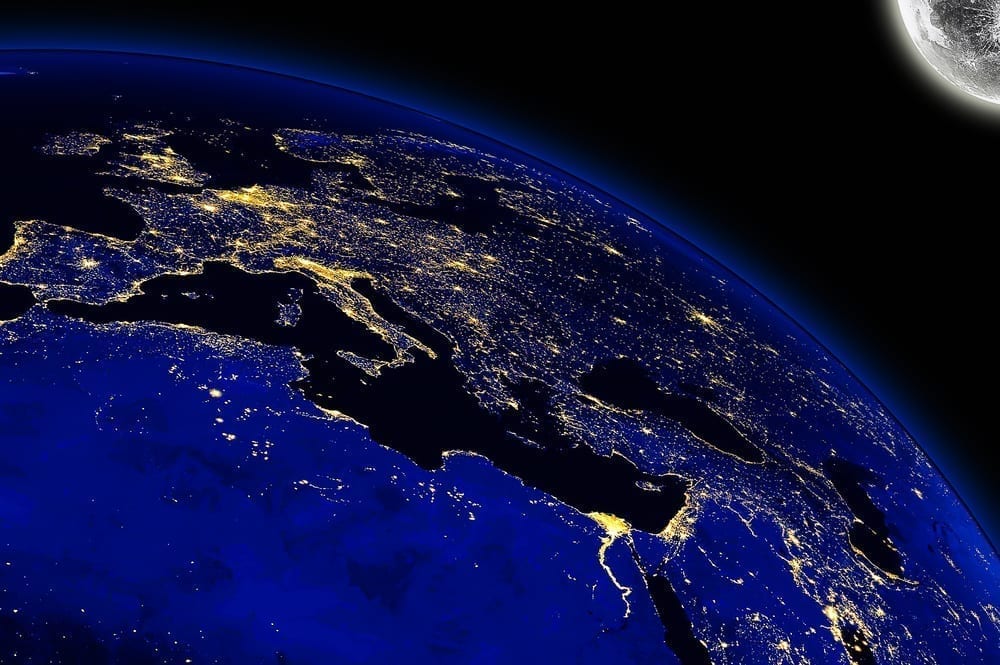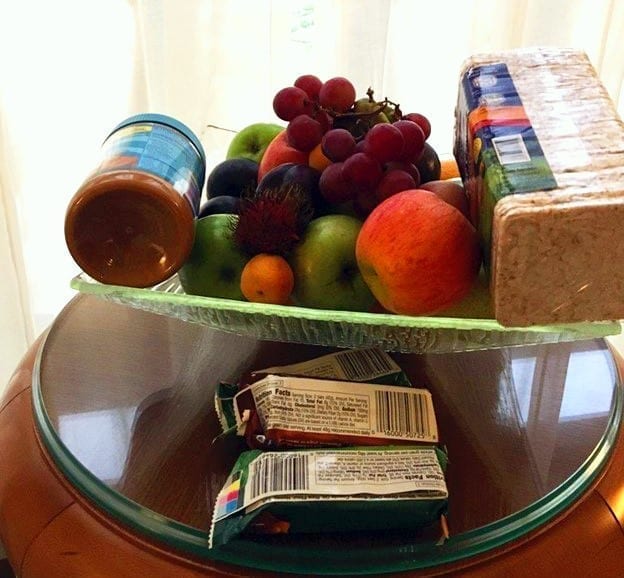Antebi, an 80-year-old resident of Tel Aviv who ran away from Aleppo at the age of 18, says he finds it hard to see his childhood home torn apart.
“When I hear the reports, it pains me greatly. I see the places explode and know all the names,” shared Antebi. “We lived in the center of the city; we had it good in Aleppo. In the end we immigrated to Israel nearly naked.”
He said he had fond memories of Aleppo. “There was a yard where everybody gathered every Shabbat. Here, I barely know the neighbors. I had Arab friends, customers who cried when we left. It's very painful for me when I think of those people.”
David Gindi, who left Aleppo 58 years ago, doesn’t have such positive memories. He said, “As children, we had a lot of problems with the population; they would ambush us on the way to school, particularly after the establishment of the State (of Israel). When we immigrated to Israel, we just left everything.” Nevertheless he said, “I'm sad when I see what's happening.”
The Jewish community of Aleppo was known as a “mother city in Israel” for its many scholars and deeply religious community life. At its height, the Jewish community in Aleppo numbered 30,000. During the Arab attacks in the first half of the 20th century, ten thousand immigrated to Israel, and others set up big Aleppo communities in New York, Mexico City and Buenos Aires where they continued the Aleppo Jewish lifestyle with its unique customs and cradle-to-grave social network.
When Assad allowed Jews to leave Syria 20 years ago, the New York community completely absorbed their brothers and assisted them in every which way.





